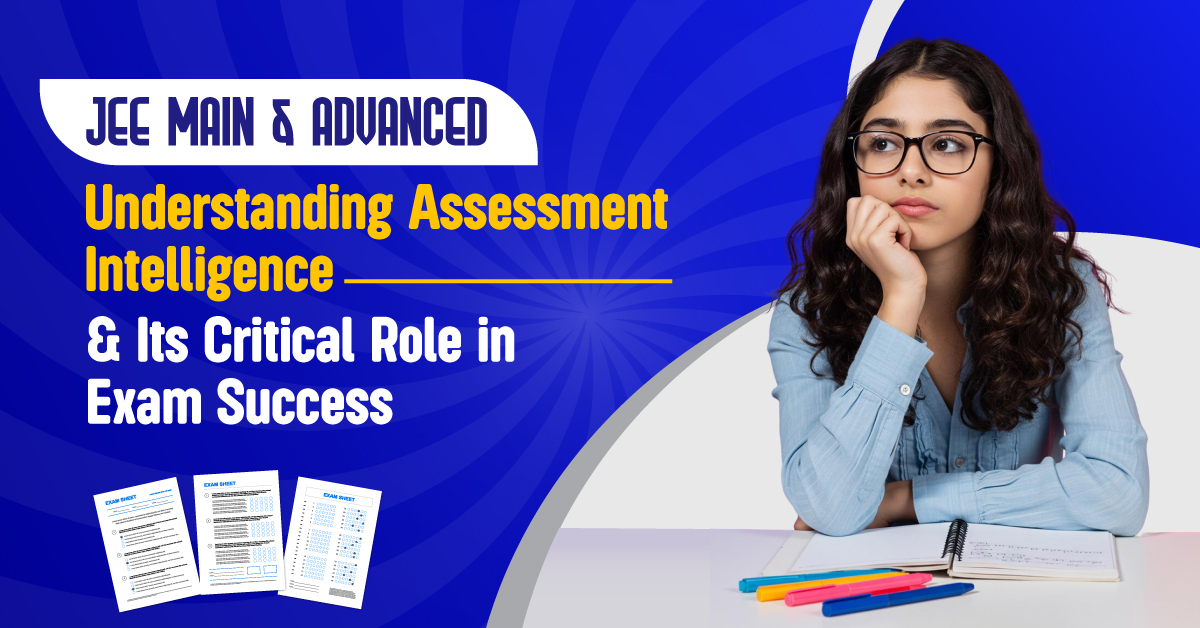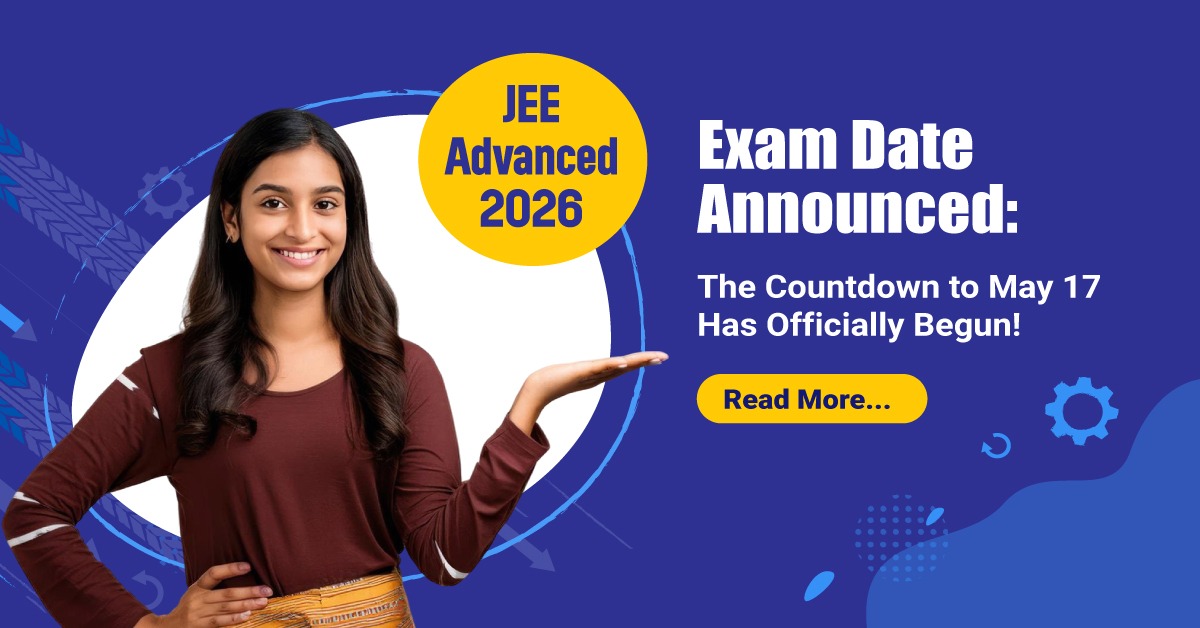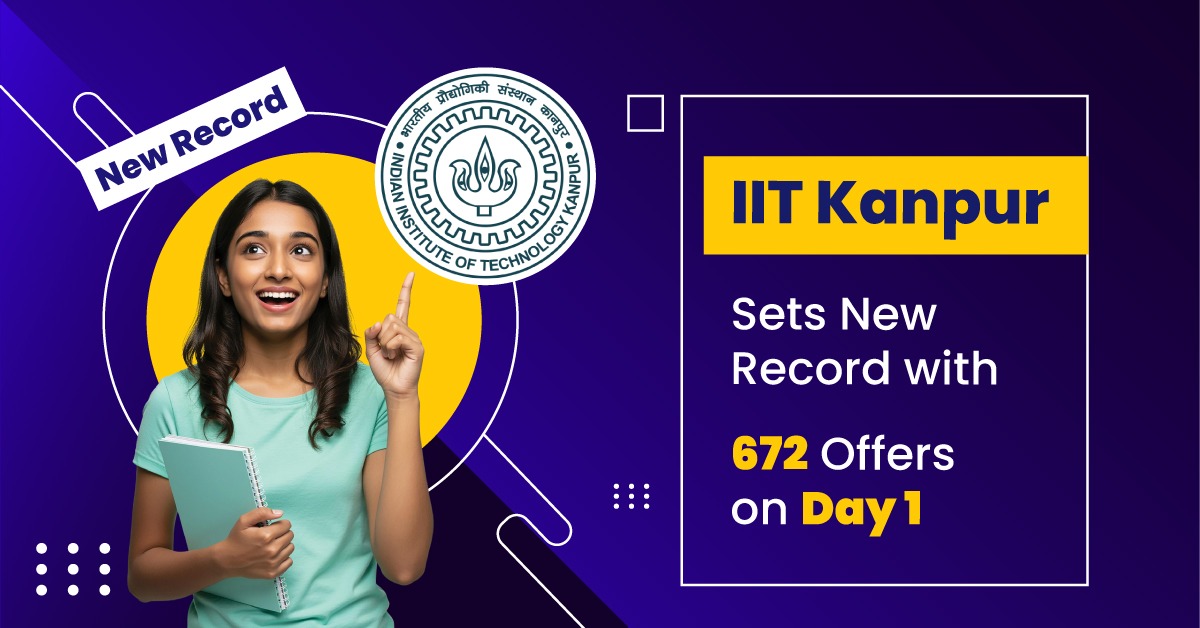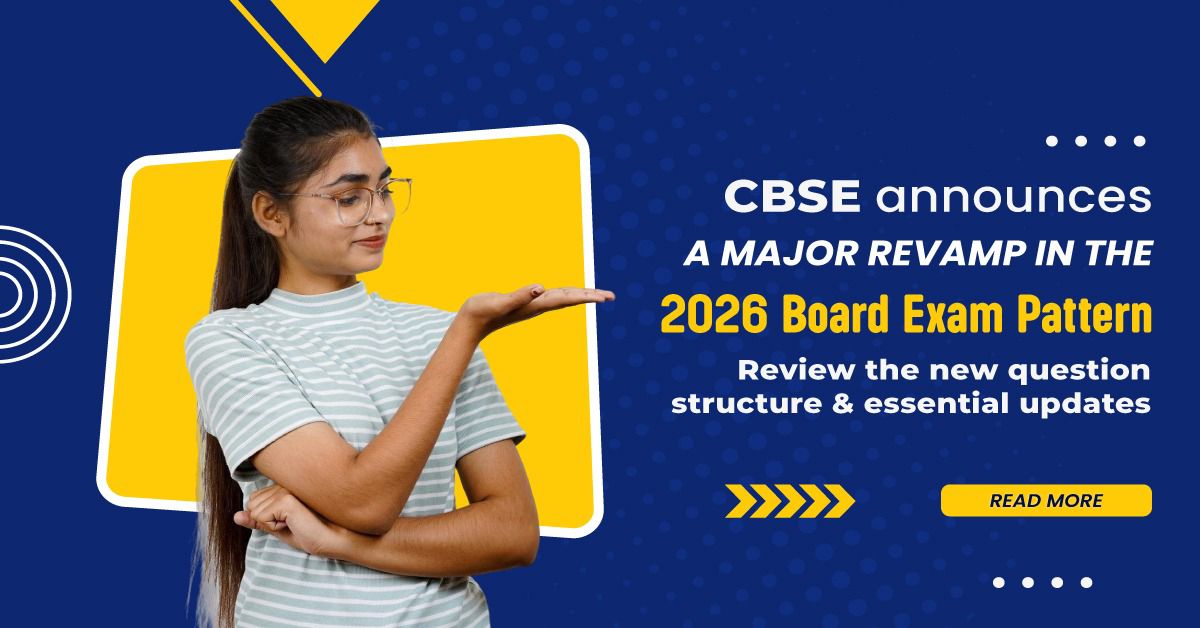
JEE Main & Advanced: As the exam continues to lay stress on conceptual knowledge, depth in fundamentals and analytical reasoning ability, aspirants require more than just answers—they need comprehensive, profound feedback systems that disclose the ‘why’ behind every mistake.
Every year, lacs of JEE hopefuls follow the same routine, attend coaching classes, solve practice papers, and take mock examinations. However, there is a distinct difference between students who pass the exam and those who do not. The difference is rarely reflected in the number of study hours accumulated. Instead, it boils down to something considerably more valuable – the ability to assess one’s performance, make strategic changes, and always improve.
In today’s high-stakes competitive environment, this skill is called ‘Assessment Intelligence,’ and it’s rapidly becoming the defining factor that separates top performers from the rest.
Beyond Traditional Coaching: The Insight Gap
Traditional coaching institutes offer vital structure and problem-solving frameworks. They have a methodical approach to knowledge delivery. However, there is one basic truth that is sometimes overlooked – each student’s learning path is unique. Each aspirant makes unique mistakes, struggles with specific topics, and requires personalised attention to overcome their individual deficiencies.
The JEE Main test has evolved significantly throughout the years. Today’s papers require a higher conceptual knowledge and finer analytical skills than ever before. Knowing whether an answer is right or wrong is no longer enough. Students require ongoing, thorough feedback mechanisms that explain the reasons behind incorrect responses, identify knowledge gaps, and provide concrete suggestions for development.
This is precisely where assessment intelligence becomes indispensable.
Defining Assessment Intelligence for JEE
Assessment intelligence refers to a smart way to evaluate student achievement. It enables data analytics and adaptive testing to generate customised, precise evaluations that go far beyond traditional scorecards.
Instead of merely measuring rote memorisation, assessment intelligence checks multiple dimensions of a student’s preparation:
- Problem-solving approach: How you confront and tackle questions matters as much as getting the right answer
- Time management: Manage your time judiciously and see which topics consume the maximum time, and where you are most efficient
- Accuracy patterns: Identifying whether errors arise from conceptual gaps, calculation mistakes, or careless reading
- Conceptual strength: Measuring fundamental knowledge & understanding versus superficial familiarity
Assessment intelligence assists students in directing their efforts to produce the best results by assessing error patterns, time allocation, and performance trends across many topics. It transforms disorganized study efforts into laser-focused planning.
Smarter Preparation Strategies for JEE Main & JEE Advanced
The upcoming JEE 2026 will likely continue the trend towards emphasising analytical and conceptual thinking over straightforward problem-solving. While competition intensifies each year, aspirants today have access to unprecedented technological tools that previous generations couldn’t imagine.
Intelligent evaluation tools enable candidates to effectively employ the Pareto Principle, identifying the 20% of concepts that account for 80% of their marks. This targeted practice saves time and, more importantly, fosters genuine confidence in one’s abilities. For an exam as psychologically taxing as JEE Main, confidence can be just as important as topic understanding.
Coaching institutes certainly play an essential role in building strong conceptual foundations. However, the crucial leap from mere learning to true mastery depends entirely on how effectively you can evaluate and refine your understanding. Assessment intelligence provides the transparency needed for this transformation—converting passive learning into active preparation, and turning preparation into a data-driven pursuit of excellence.
For today’s digitally-native students, this approach translates directly into exam-day advantages: greater confidence under pressure and better control over performance outcomes.
The Winning Edge in JEE Main & JEE Advanced
When JEE day arrives, success won’t necessarily favor those with the most study hours or even the most comprehensive notes. The real advantage will belong to students who developed genuine self-awareness about their preparation—those who used assessment intelligence to understand their strengths, address their weaknesses systematically, and approach the examination with strategic precision.
In an era where information is abundant but attention is scarce, knowing yourself as a learner becomes your most powerful competitive advantage. Assessment intelligence doesn’t just help you prepare for JEE; it teaches you how to learn effectively, a skill that extends far beyond any single examination.
The question isn’t whether you’re working hard enough. The real question is: are you working smart enough? Are you truly understanding where you stand, what you need to improve, and how to get there? That’s what assessment intelligence offers—and that’s what could make all the difference in your JEE journey.







0 Comments